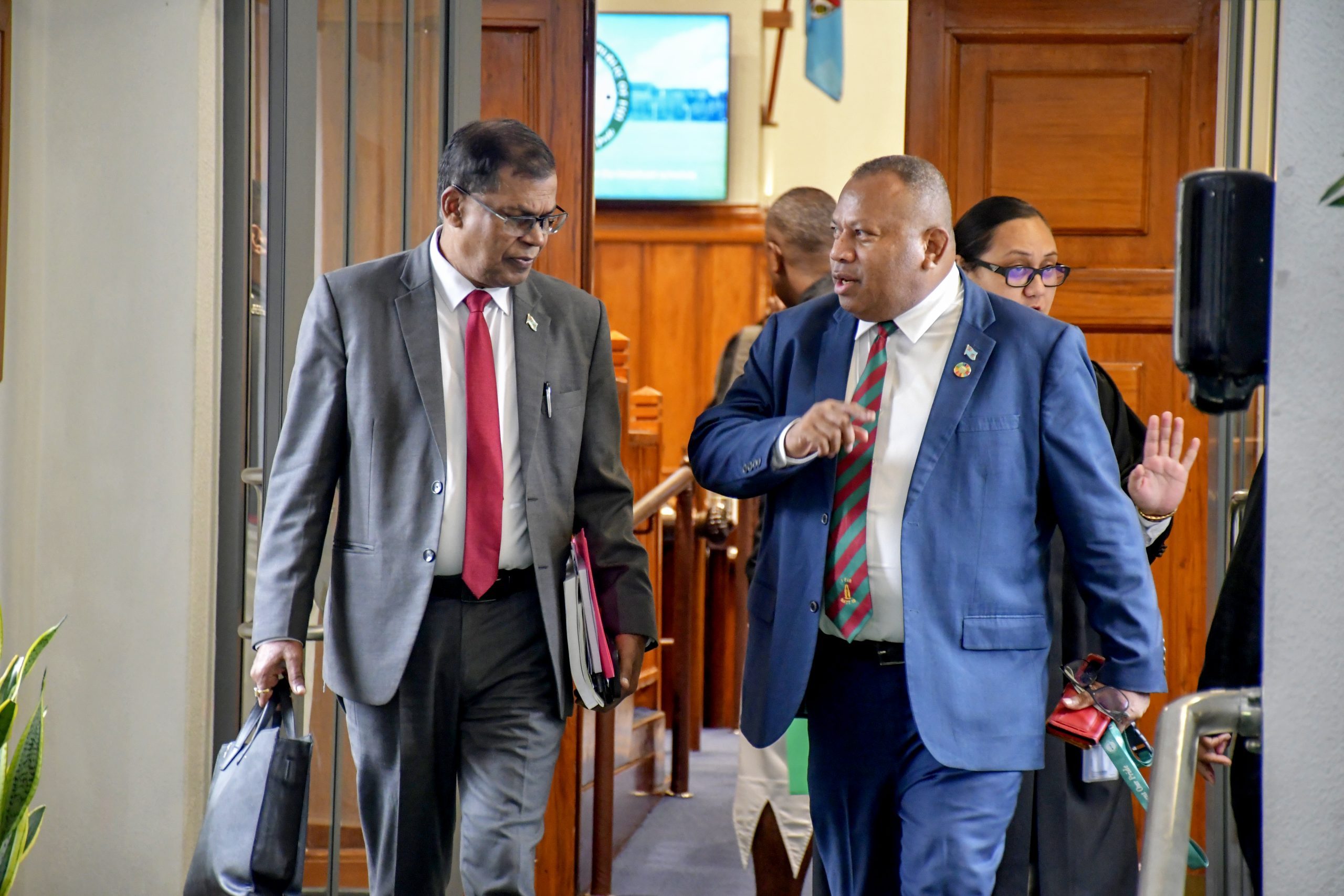THE 2025-2026 National Budget is a “panic budget” that lacks economic certainty, says Leader of Opposition Inia Seruiratu.
During his response in Parliament yesterday, Mr Seruiratu said the Coalition Government’s spending plans were fiscally irresponsible.
“We are in a safe zone now, but we need to stay on course for at least a decade to bring down the debt-to- GDP ratio to below 60 per cent,” he said.
“This focus is more important than politics.”
He urged the Government to focus on solutions rather than assigning blame. “Most economists argue that raising revenue is not so much a major issue, but the challenge lies in the prudent management and control of expenditures. That is the challenge for the Government.”
Mr Seruiratu criticised past VAT increases.
“The Government chose to increase VAT to 15 per cent from nine per cent at the time, when communities needed support the most, with many people having lost their jobs and were just beginning to recover from the impact of COVID-19.”
He said the $4.8 billion expenditure plan, set against $3.9 billion in projected revenue, bordered on recklessness.
“It is another high spending budget coming at a time when Fiji is not in any type of crisis.”
He noted the lack of a medium-term expenditure framework or clear fiscal strategy.
“There is very little allocated towards productivity enhancing capital investments.”
Still, Mr Seruiratu welcomed efforts to ease the cost of living.
“One of the very positive steps in this initiative is the establishment of a joint enforcement task force to monitor prices.”
Seruiratu quizzes Government
ABOUT 29.9 per cent of Fiji’s population lives below the poverty line, according to the last Household Income and Expenditure Survey, says Opposition Leader Inia Seruiratu.
He reminded Parliament that one of the UN’s Sustainable Development Goals is to eradicate extreme poverty by 2030.
“The question that we should be asking ourselves now, as a Government and as a nation, is what are we doing about this?” Mr Seruiratu said.
“It’s not an easy task, but one that must be addressed. Poverty reduction requires a multifaceted approach that includes both immediate relief and longterm solutions.”
He said more emphasis must be placed on accelerating poverty reduction.
“Whilst investments in education, welfare and healthcare are good first steps, building partnerships with communities, NGO and the private sector can be highly effective in tackling poverty.”



